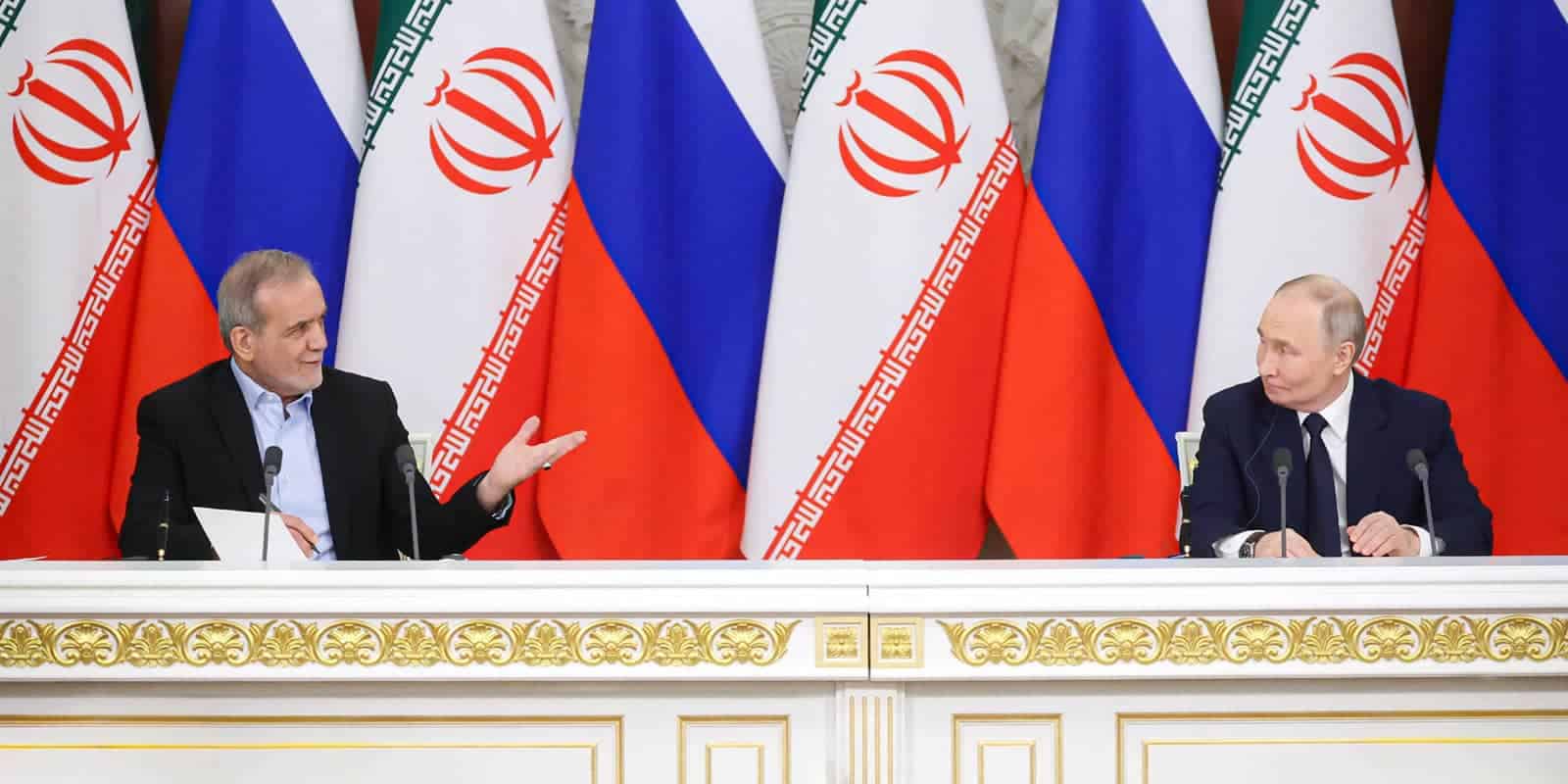
BY YONAH JEREMY BOB, NOVEMBER 20, 2017
You could sense mouths dropping across the world on Thursday.
Lt.-Gen. Gadi Eisenkot, the head of the Israeli Army, had just said publicly in an interview with a Saudi journalist that he is ready to share (read: probably already has shared) intelligence with Saudi Arabia.
It is shocking, that a country which not that long ago was a mortal enemy of Israel – and still in many conversations, such as regarding the Palestinians, is ready to condemn Israel – could be on the receiving end of some of the Mossad’s and the IDF’s greatest secrets.
Maybe we are all still sleeping and dreaming? No, it is very real. And according to two top intelligence and national security experts, Ram Ben-Barak and Yaakov Amidror, this bombshell is far more a confirmation of a clear and continuous trend than might appear to the untrained eye.
Ben-Barak is the former deputy chief of the Mossad and the former director-general of the Strategic Affairs Ministry.
Amidror is a former national security adviser, major-general, and is currently at the Jerusalem Institute for Strategic Studies.
Ben-Barak said Eisenkot’s announcement was “not a surprise. The Saudis are struggling against terror, Islamic extremism and Iran’s extending itself throughout the region. This worries us and them. When you have unity of enough interests, it is natural to work together – more on a partnering basis than just on one isolated interest.”
He said, “If we can stop someone or if we can give intelligence to them to stop [a common adversary]” and “also collect intelligence and work together on bigger things related to the Shi’ites and to processes related to Judea and Samaria,” these are all worthwhile endeavors.
Asked about reciprocation, the former deputy Mossad chief said, “Cooperation is always a two-way street,” explaining that Eisenkot’s statement should be taken to mean Israel is “ready to both give and receive. This is how it works with all intelligence organizations.”
Of course, this still leaves open what the intelligence-sharing parameters will be. Even with its closest allies, a country usually does not share every piece of intelligence.
Ben-Barak said that the “system for setting parameters of sharing is very organized and exact about what can be shared and how it can be shared.
It is not at the discretion of a lower- level agent. There are decisions about what is important and what is not. When information is shared it relates to something happening,” and to a goal that the state focuses on achieving.
In terms of how information is shared, he said that “sensitive information is usually given over orally,” as opposed to large amounts of less-sensitive intelligence that the US and Israel share on an automated, electronic basis. Still, Ben-Barak did not think that one could assume that the new level of publicly-endorsed intelligence cooperation meant that Israel would necessarily, for example, get the green light from the Saudis to fly through their airspace to attack Iran’s nuclear facilities.
He did not discount such a possibility if “relations get warmer over time,” but said that overflights were a “very advanced level” of cooperation.
Amidror echoed some similar messages, but also emphasized key points of his own.















